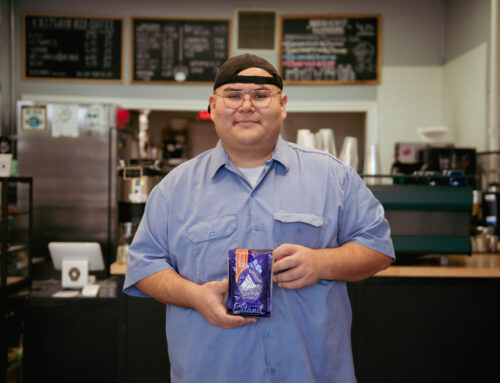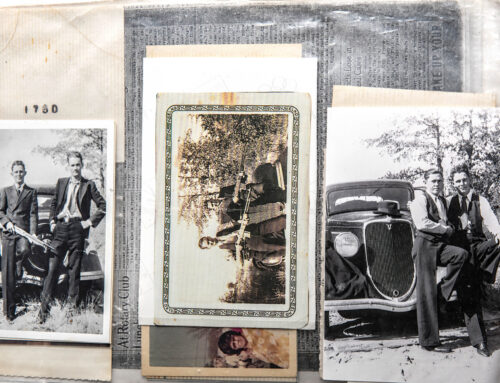We were deeply troubled by the recent hostage situation at Beth Israel Jewish Center in Colleyville and quite relieved that all hostages escaped safely.
Incidents of violence against synagogues and Jewish houses of worship have become far too familiar in modern times. I am grateful for the work of my dear friend Rabbi Andrew Paley. Andrew is the leader of Faith Forward Dallas interfaith clergy group, and he’s also a trained police chaplain. He provided important on-the-ground assistance in Colleyville during this incident.
Violence against faith communities must always be condemned in the strongest terms possible.
I hope you took notice of Rabbi Charlie Cytron-Walker’s comments immediately afterward, when he was asked how he dealt with the situation.
He responded: “We trained for it.”
The troubling reality is that many are training their worship leaders and ushers on how to respond to potential acts of violence and terror. Because in the houses of worship of many faiths, such incidents appear to be on the rise.
We have had these conversations at my current church, here in Oak Cliff, for example. And I’ve been in worship services where we had to have plain-clothed DPD officers present at times of high threat. Many Dallas faith leaders have concerns about these issues every week.
Houses of worship should be where we can let our guard down, leave behind our worries and cares and focus on God and our gathered communities. But perhaps precisely because of this, worship services can be especially vulnerable.
Rabbi Cytron-Walker also noted that he was trained in being “a non-anxious presence.” That is a phrase well known to many clergy today.
Violence against faith communities must always be condemned in the strongest terms possible.
We are trained to understand that our own anxiety can infect others. If parishioners and worshippers read a sense of fear in our faces and our actions, that fear can touch everyone.
Words and actions matter, especially by those who lead others, whether they be preachers, politicians or high school principals. Anyone in leadership has a greater responsibility to ensure that their words are not unduly provocative.
This is part of why I have the words “Fear Not” tattooed on my forearm. It’s from a line in the Gospel of Luke in the second chapter, the Christmas story:
“The angel said unto them, ‘Fear not…’”
It’s a reminder for me to check my own fears and to remember that how I share my fear with others can affect their actions too. I hope that if you are in positions of leadership in your life — in your worship community, your business, your family — that you will prayerfully consider how to maintain a “non-anxious presence.”
As I unpack this event, I am troubled by the idea that the resolution was “hopeful” or “a happy ending,” as was the take from some on TV.
A safe ending, yes. But, “happy?”
A congregation was held hostage and terrorized for hours. The hostage taker was killed, no doubt leaving a grieving family. Fear of copycat antisemitic acts now stays with us. As does a fear among innocent Muslim friends, who are concerned about their safety.
Ironically, it is faith itself that can help us deal with all of this. True faith lessens our fears and reminds us not to “otherize” entire populations by race or religion. True faith understands that we must first look inward, to our own hearts, and seek a purity of intention and action there.
We must condemn bad actions, but we must also understand just how closely all humans live with each other now. Targeting any individual because of their race or religion runs counter to my faith, and, as I understand it, the faith of all the world’s great religions.
Pray for our entire community. Pray for those recovering from this trauma, for religious leaders everywhere who deal with threats, and for all those who seek to reduce fear among God’s children.
Finally, at a prayer service in Colleyville, Rabbi Cytron-Walker quoted Dr. Martin Luther King Jr., in a closing thought: “Without love, there’s no reason to know anyone. For love will in the end connect us to our neighbors, our children and our hearts.”
This is the deep wisdom we must all embrace.






